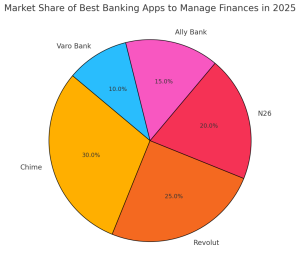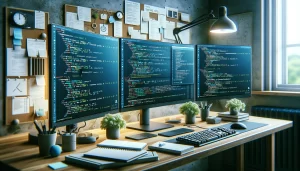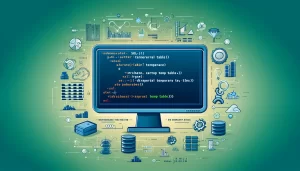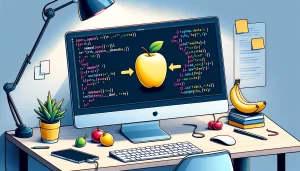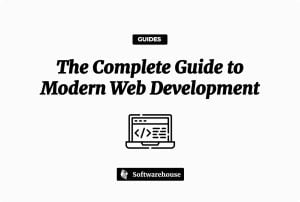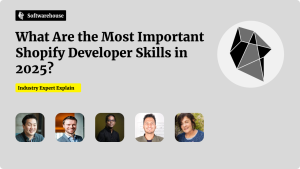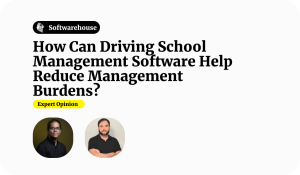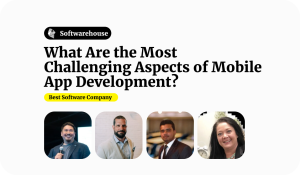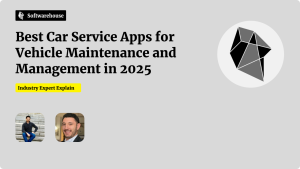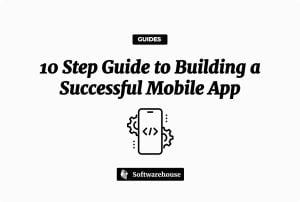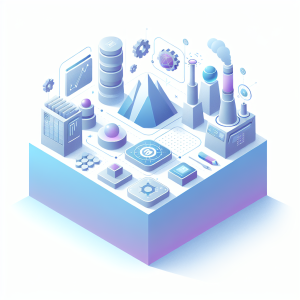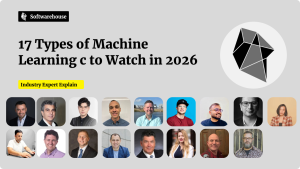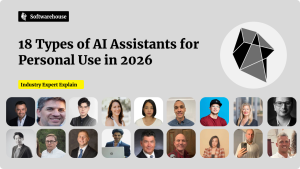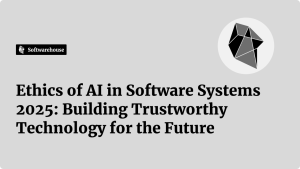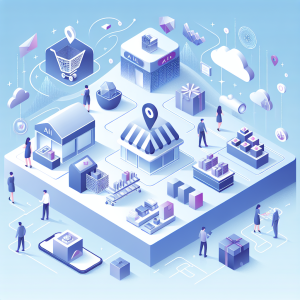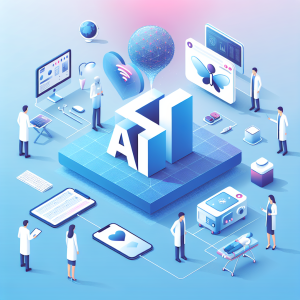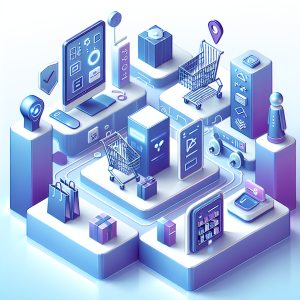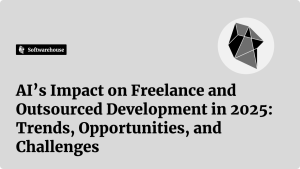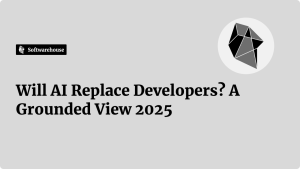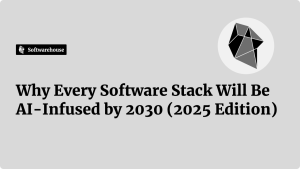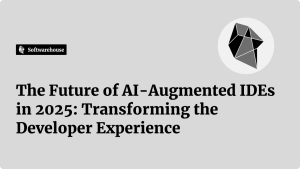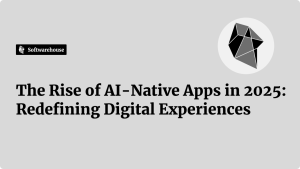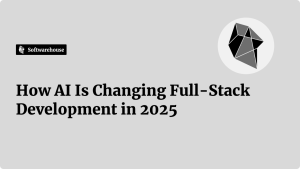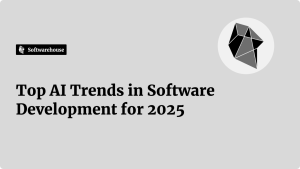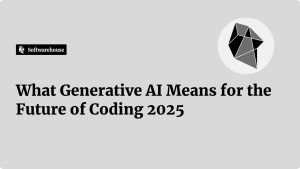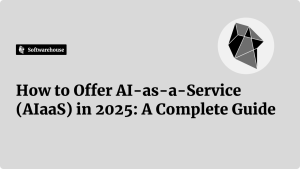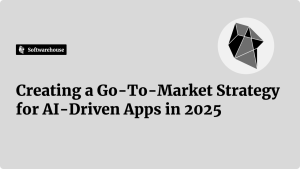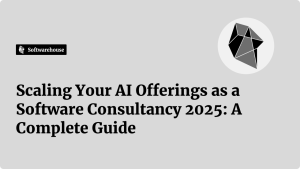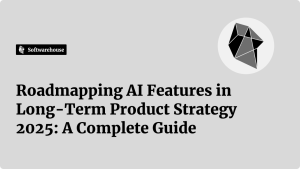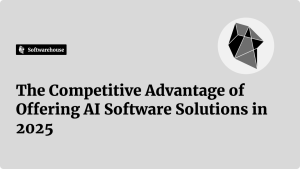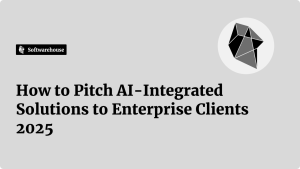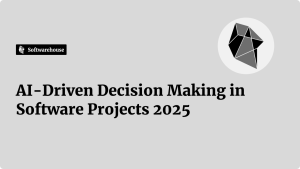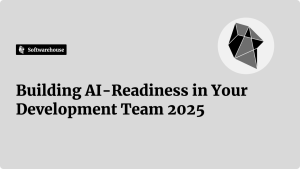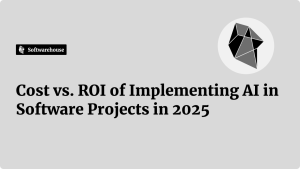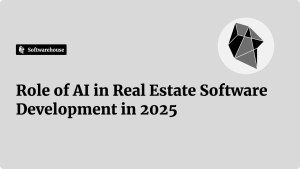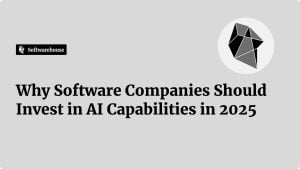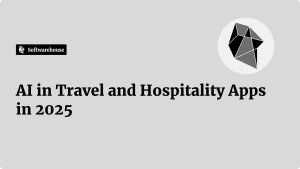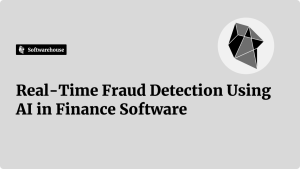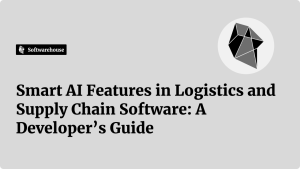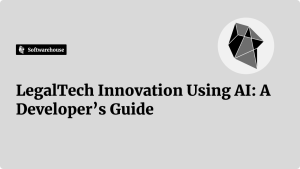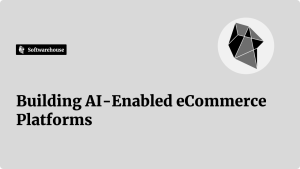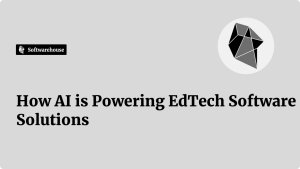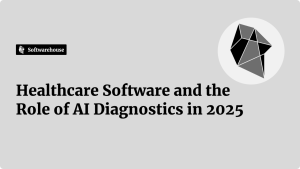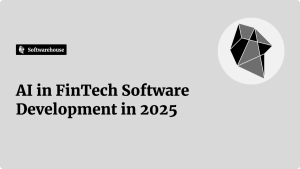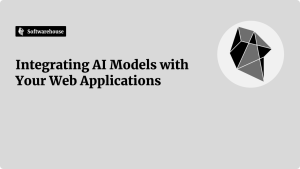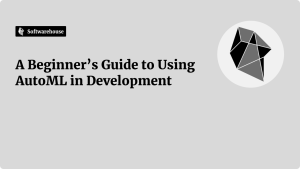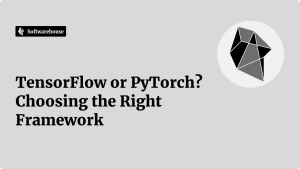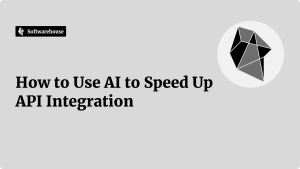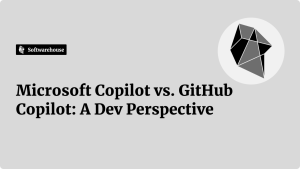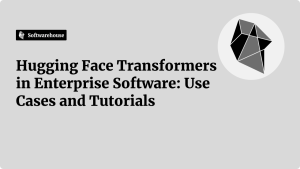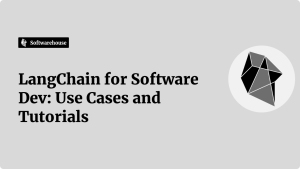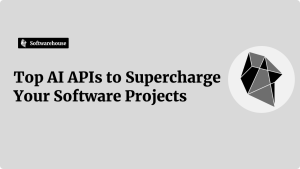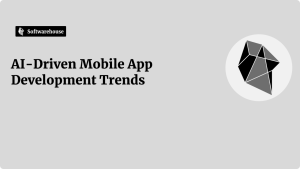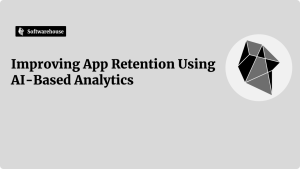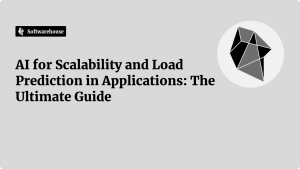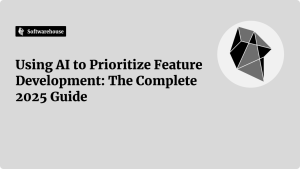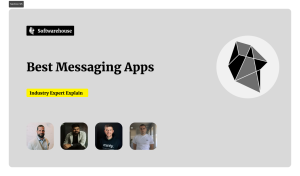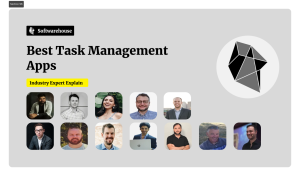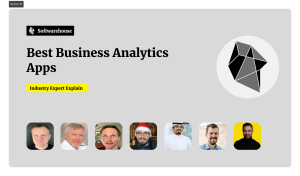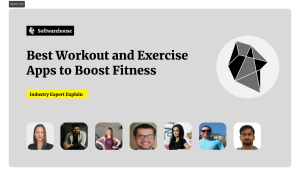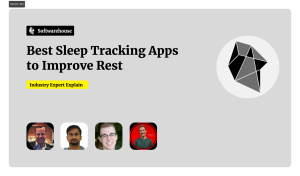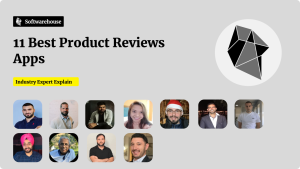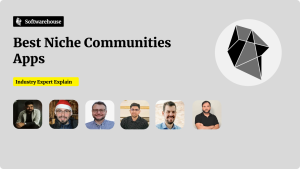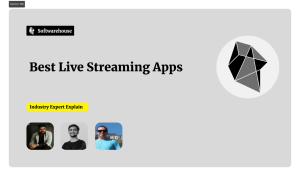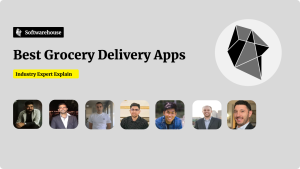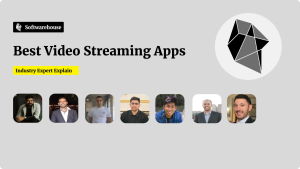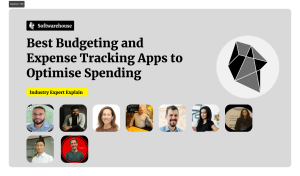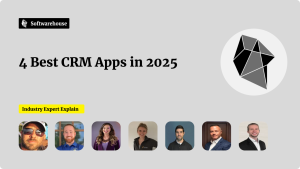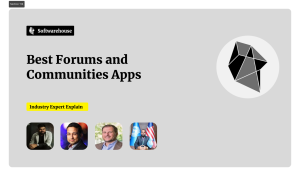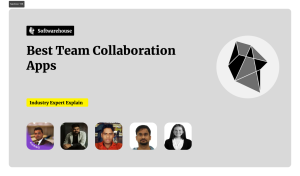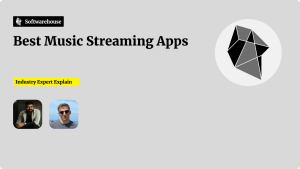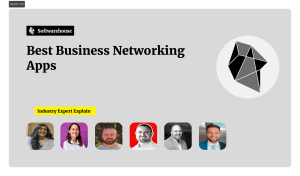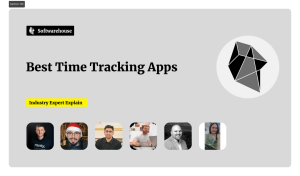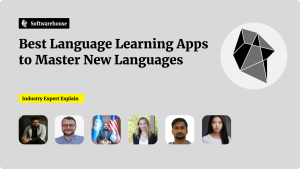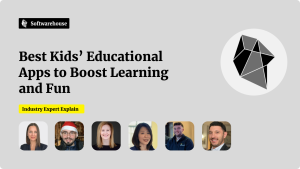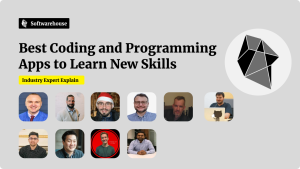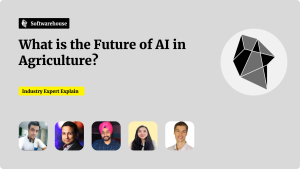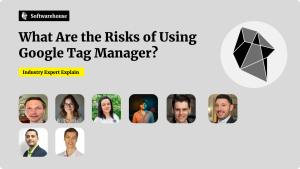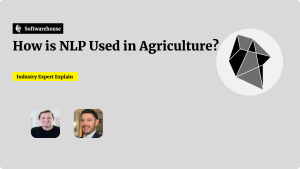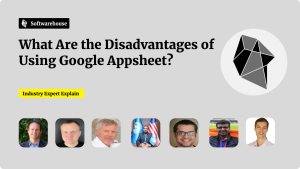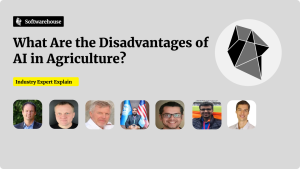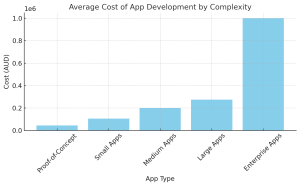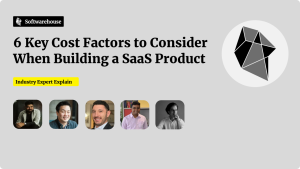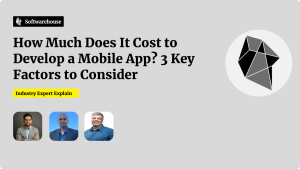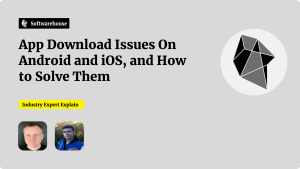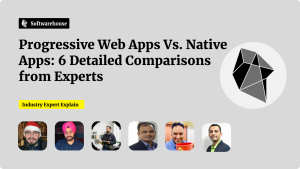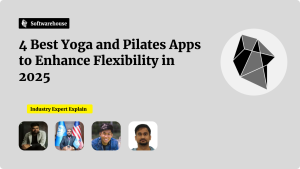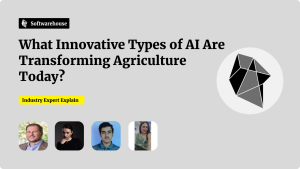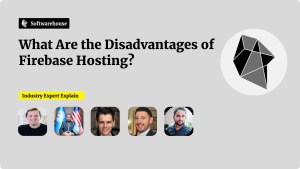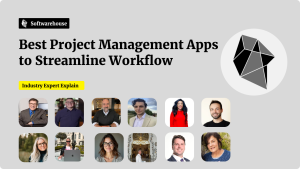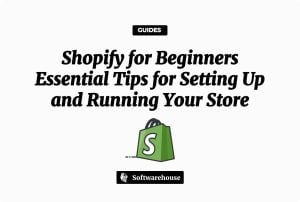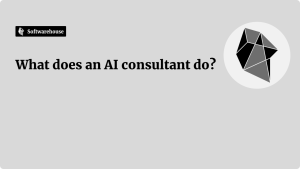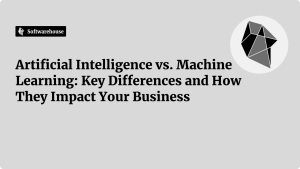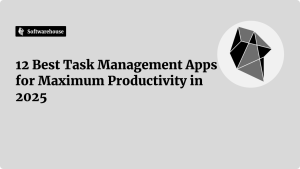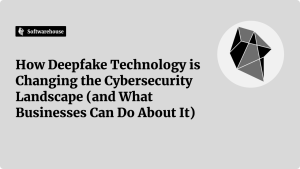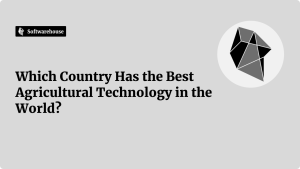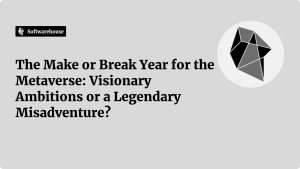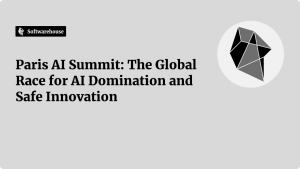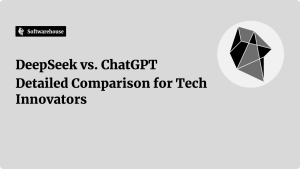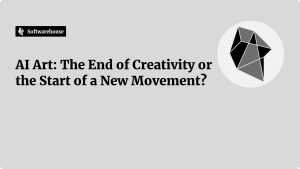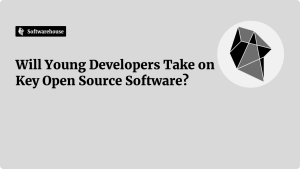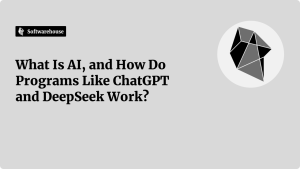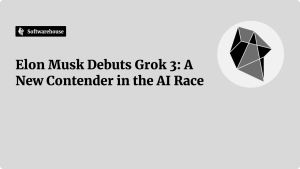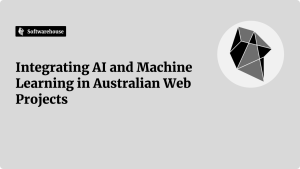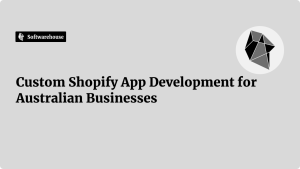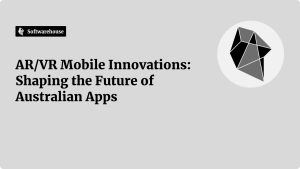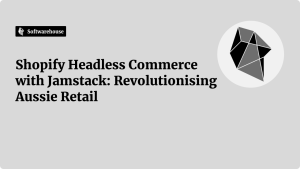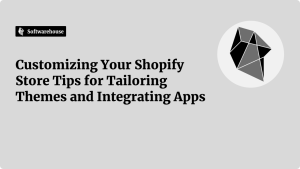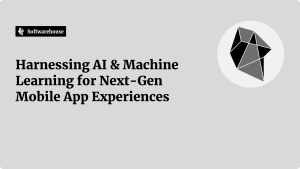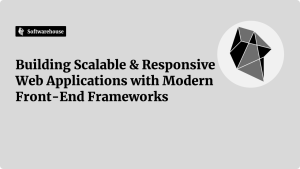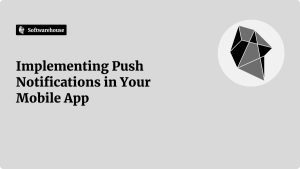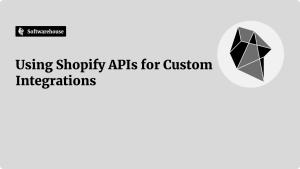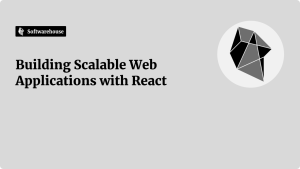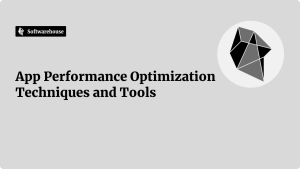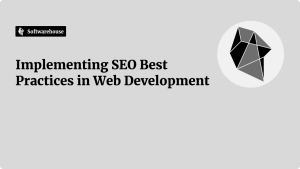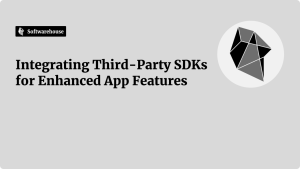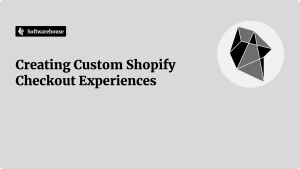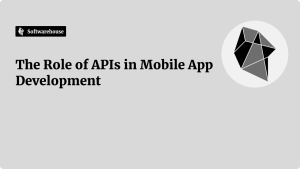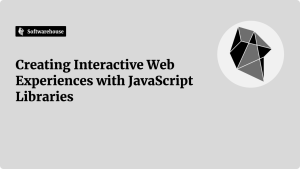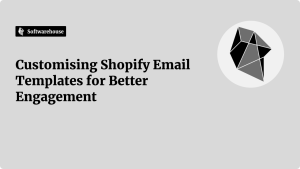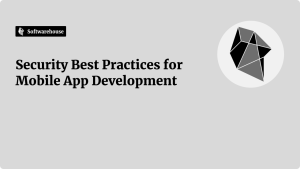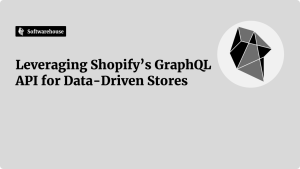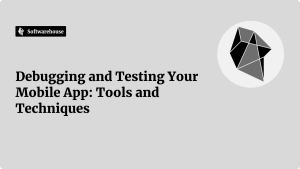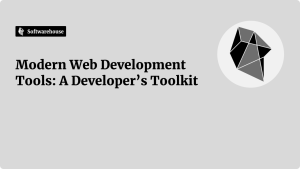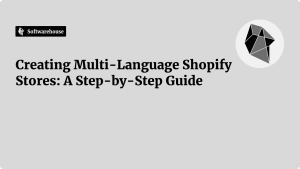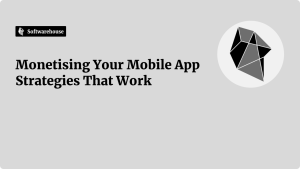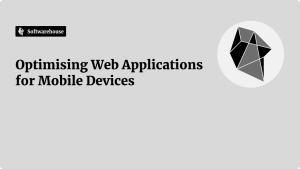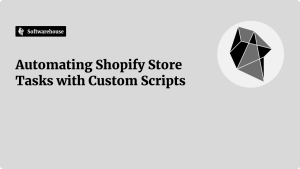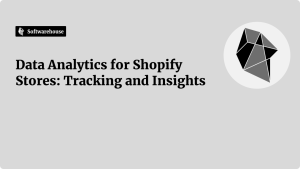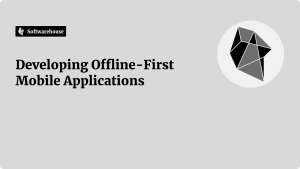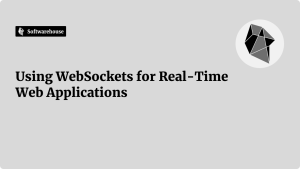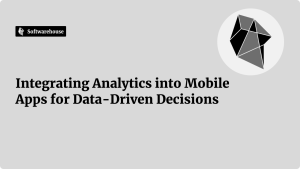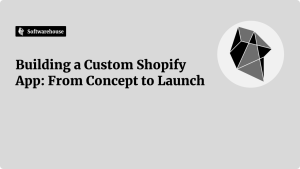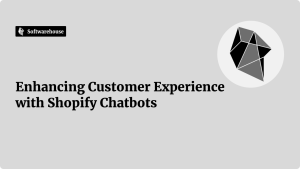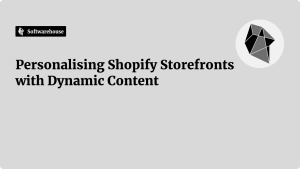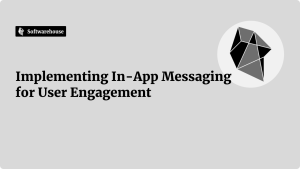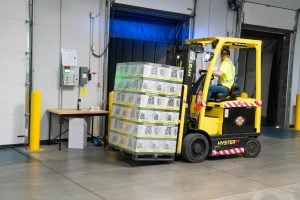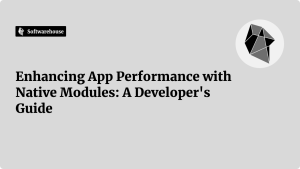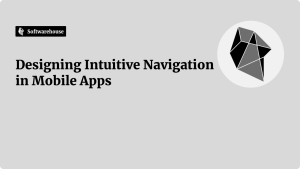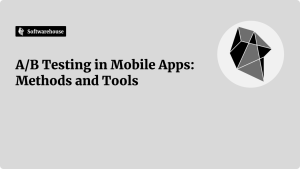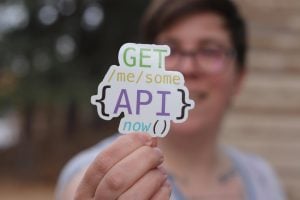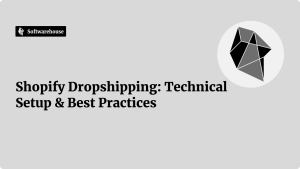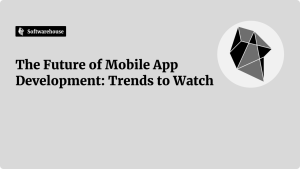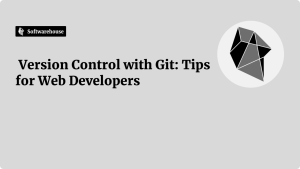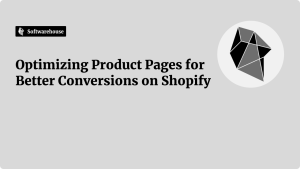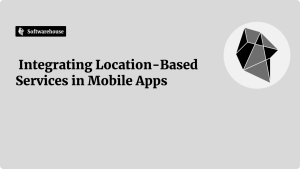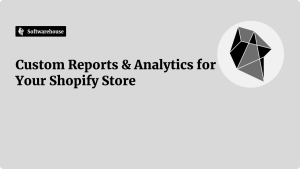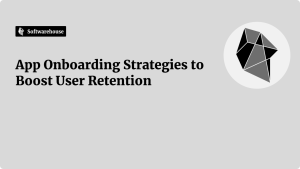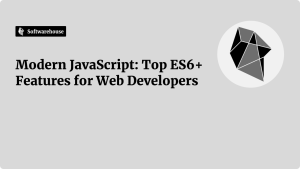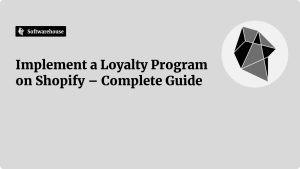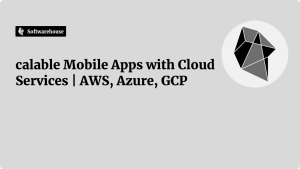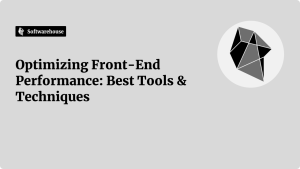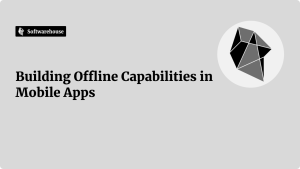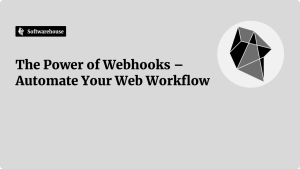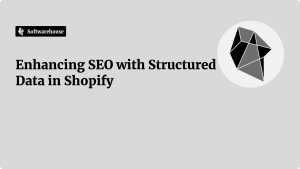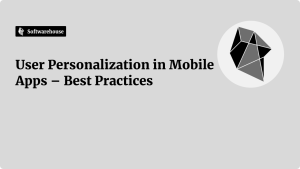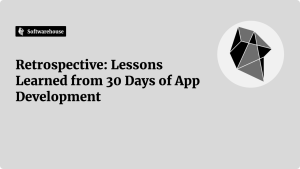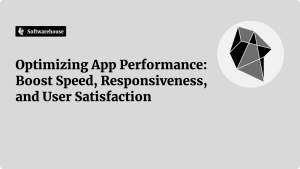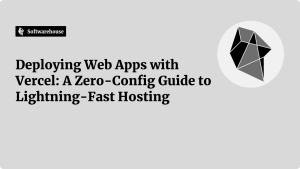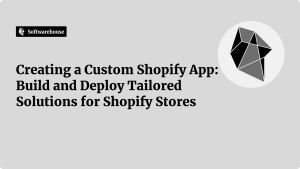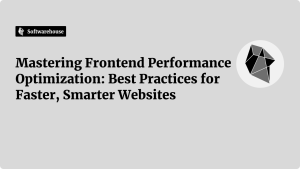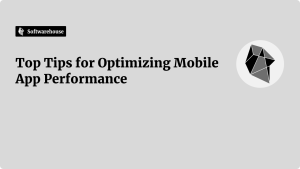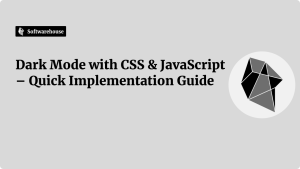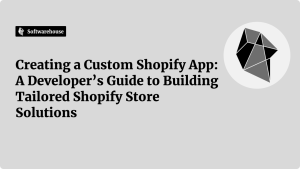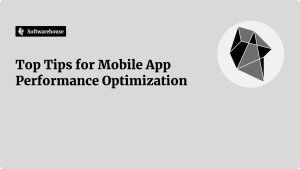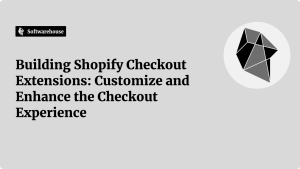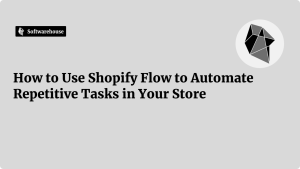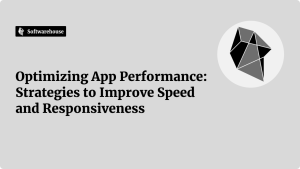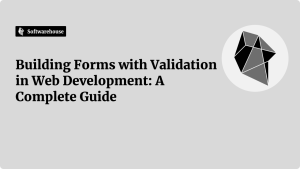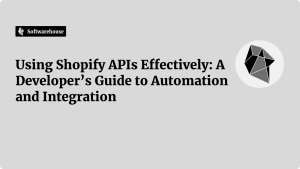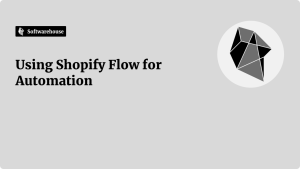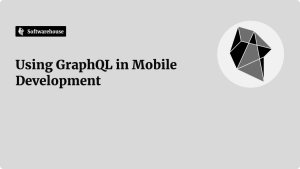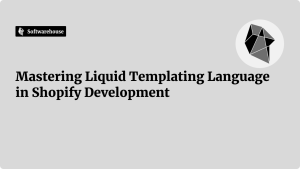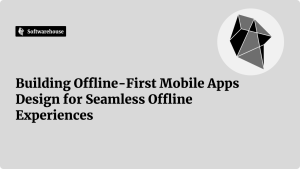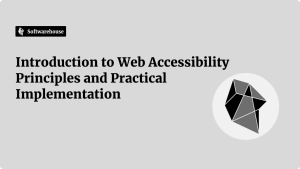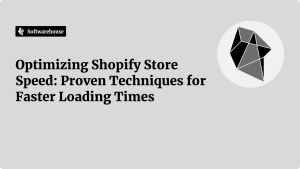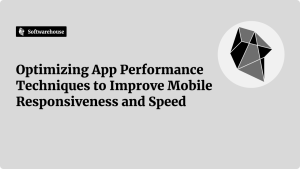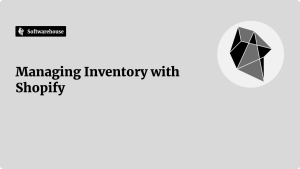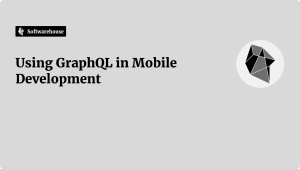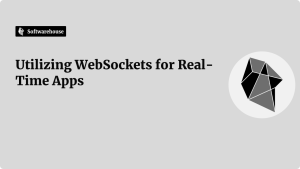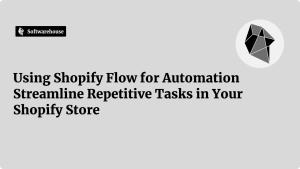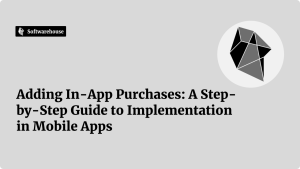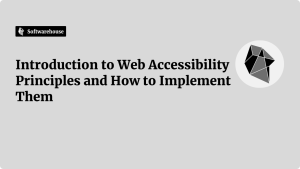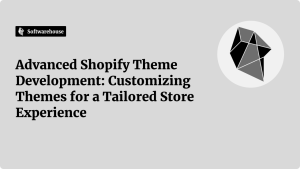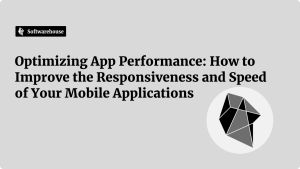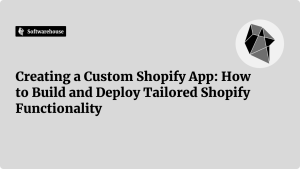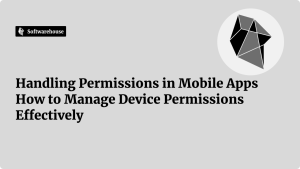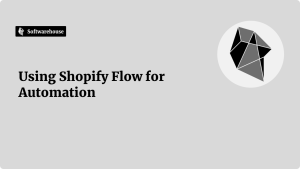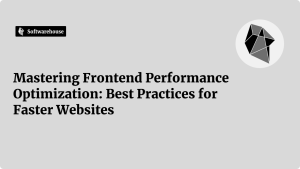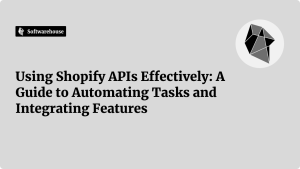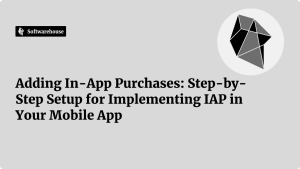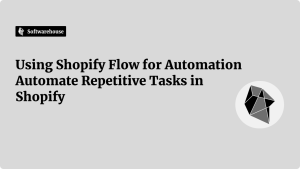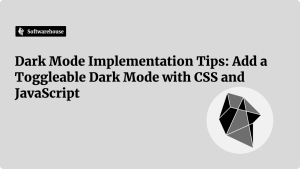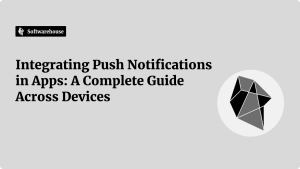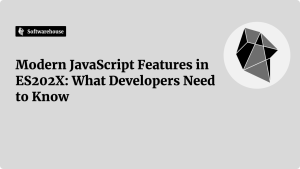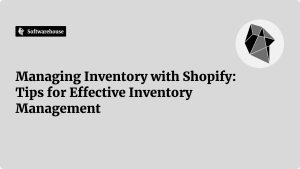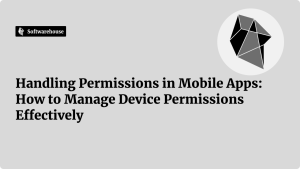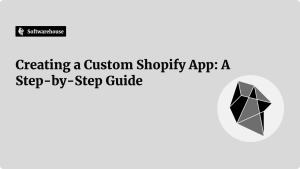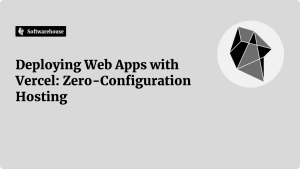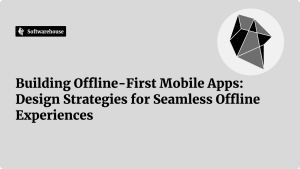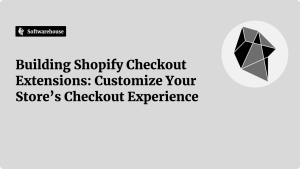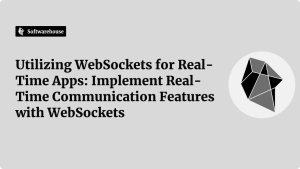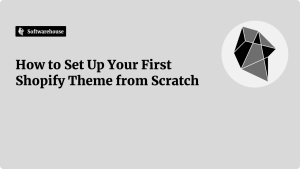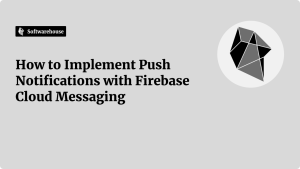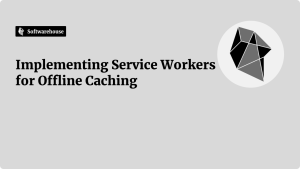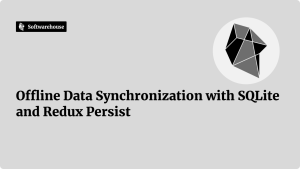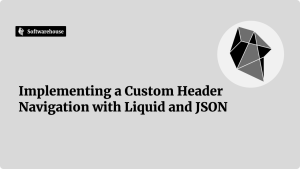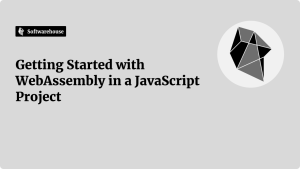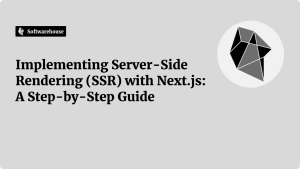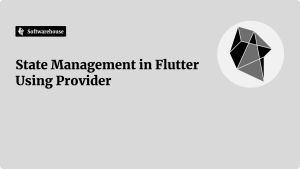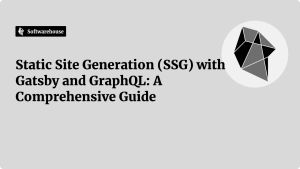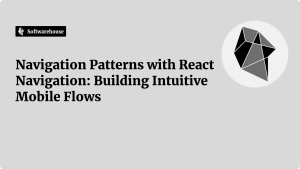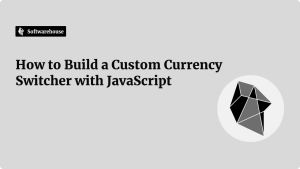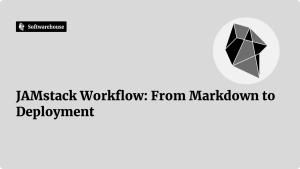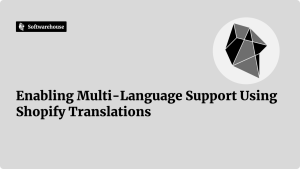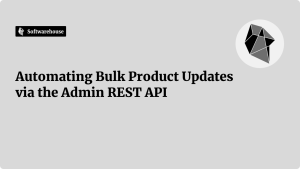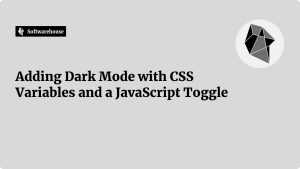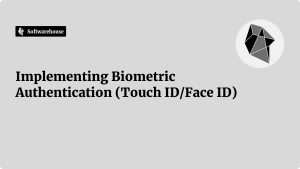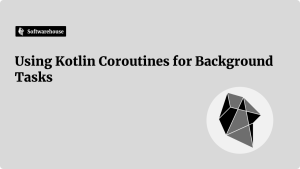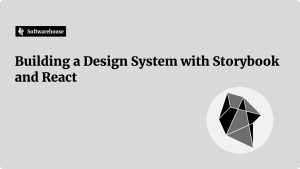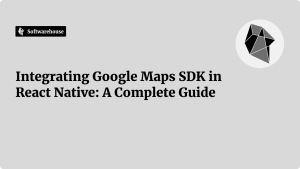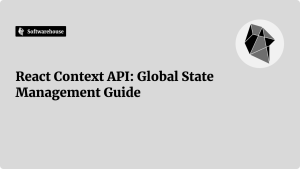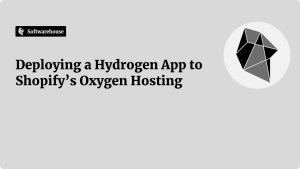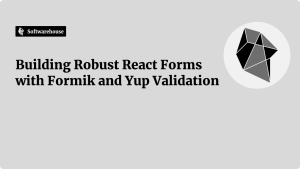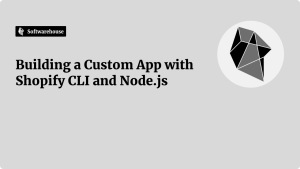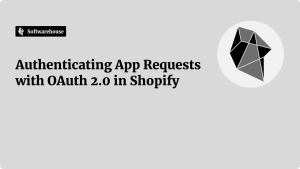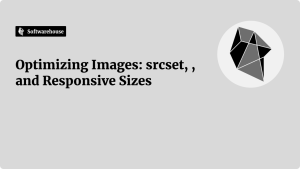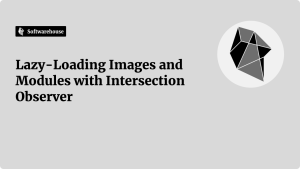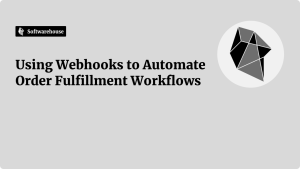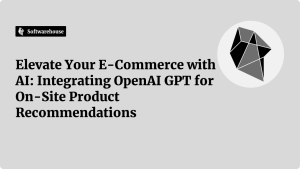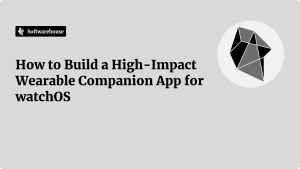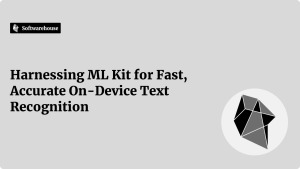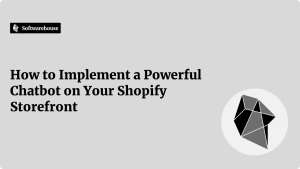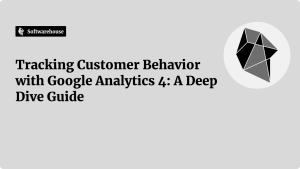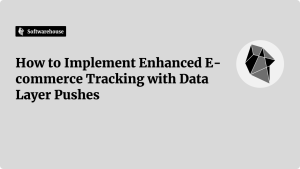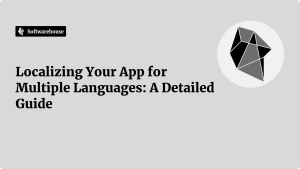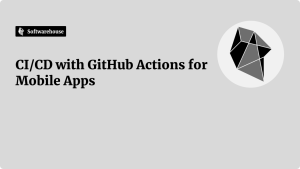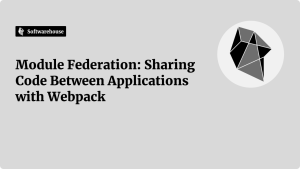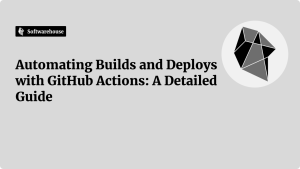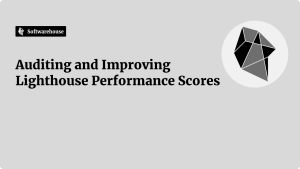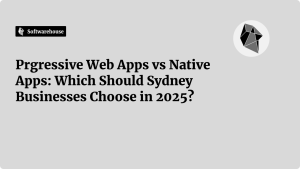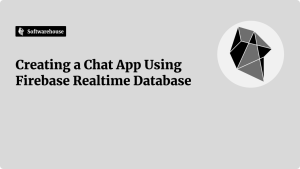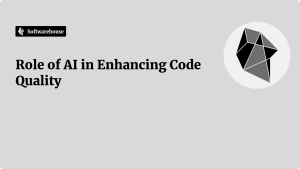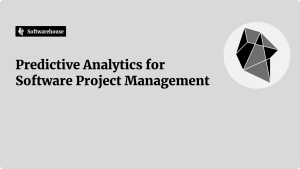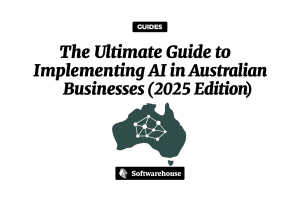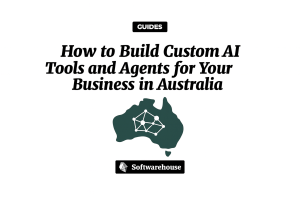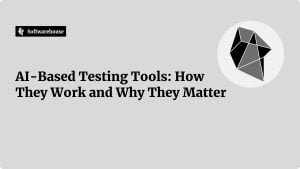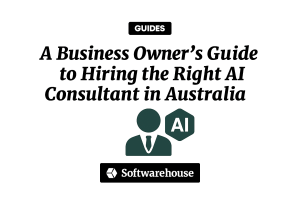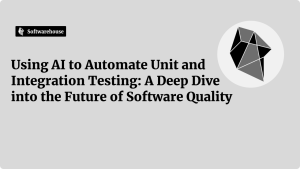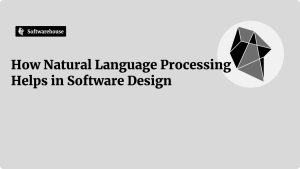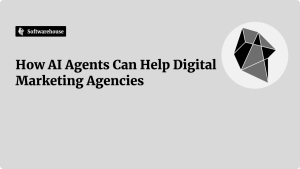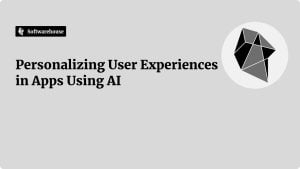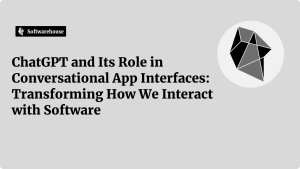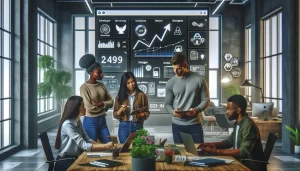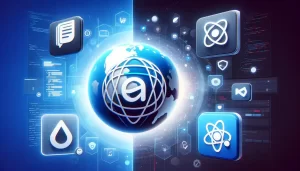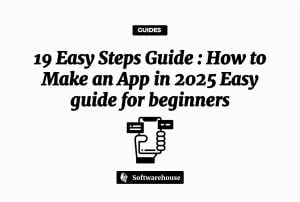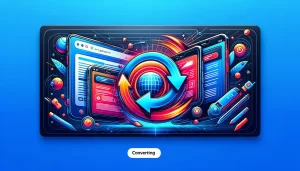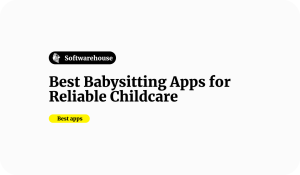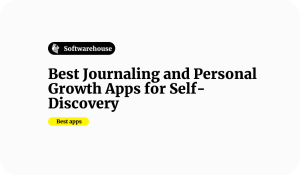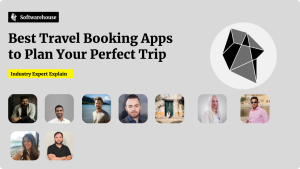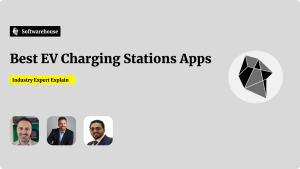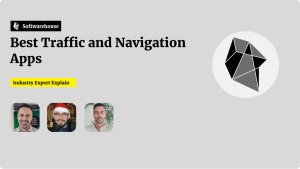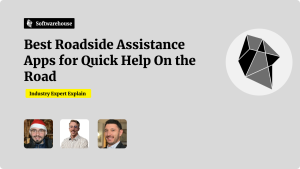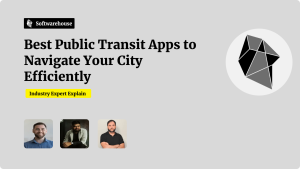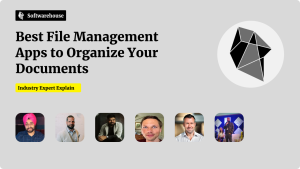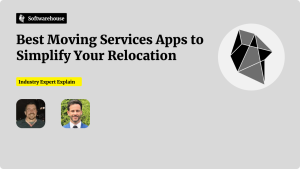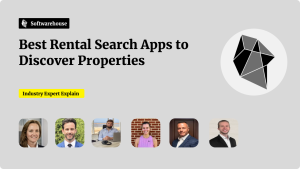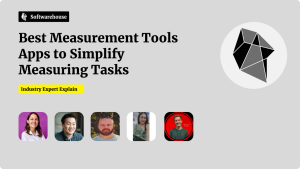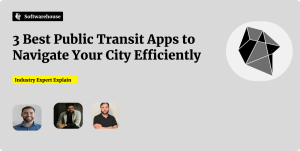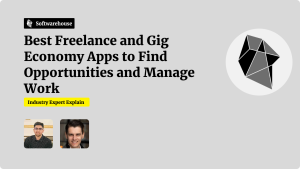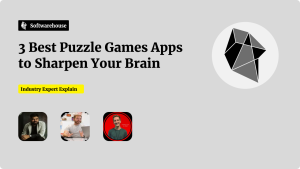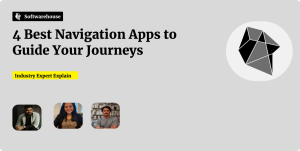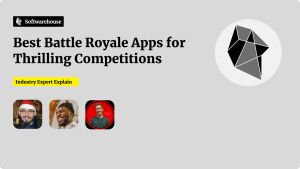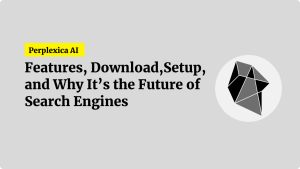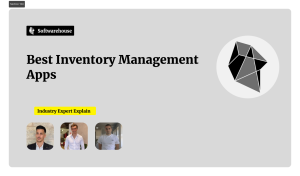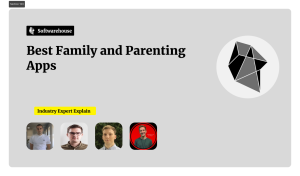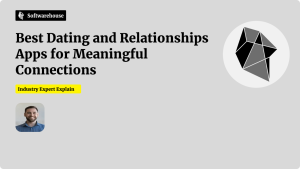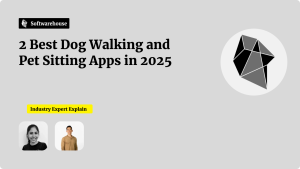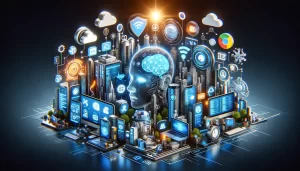Introduction
In 2026, personal AI won’t feel like an app—it’ll feel like infrastructure. Assistants will move from reactive Q&A to proactive, “agentic” help that books the table on your calendar’s cue, negotiates your utility bill, reschedules a delivery during a storm, and keeps your data private by running on-device when it matters. The market is splintering into specialized, outcome-driven categories: finance copilots that forecast cash flow and rebalance automatically; wellness and therapy companions that track stress and nudge healthier routines; logistics and home-ops managers that cut energy costs, plan maintenance, and keep family schedules sane. You’ll also see safety layers—travel and weather risk guides, security sentinels, and health-threat monitors—alongside learning coaches, research agents, field-service and trade specialists, and communication/cyber guardians that draft, defend, and deliver.
What separates the standouts isn’t chatter—it’s context. The best assistants will be multimodal (text/voice/vision), deeply integrated with your life (calendars, finances, devices), and confident acting on your behalf with clear controls, receipts, and graceful human handoff. In this guide, 18 leaders map the top personal AI types for 2026—from privacy-first companions to household coordinators and predictive finance pros—so you can pick the assistant that turns everyday friction into finished work.
AI Market Divides Into Specialized, Proactive Categories
In 2026, the AI assistant market for consumers will be divided into several key types, having expanded from simple voice commands to more complex proactive and specialized capabilities. The best of these variants will feature strong multimodal and general-purpose assistants like Google Gemini and OpenAI’s ChatGPT, which leverage long-term memory to provide deeply personalized help by integrating text, voice and visual inputs transparently. One large new category will be aggressively “agentic” assistants that proactively anticipate your needs and act autonomously on them. Like, say, booking a restaurant reservation based upon an event in your calendar without having to ask. We’ll also see a proliferation of specialized, niche assistants to get specific jobs done like “a virtual financial manager that would automatically monitor and categorize spending,” or an AI health coach tracking your sleep and recommending workouts. Finally, with increasing concerns around data privacy, on-device privacy-first AI will go mainstream, analysing sensitive information solely on your device, rather than transmitting it to a cloud.

Manav Mathur, Marketing Manager, Favouritetable
Supply Chain AI Will Transform Personal Purchasing
Running Altraco for 40+ years has taught me that successful AI adoption follows the same pattern as manufacturing automation – it starts with solving real operational pain points. Based on what I’m seeing with our Fortune 500 clients who are already implementing AI pilots, **supply chain and logistics personal assistants** will dominate by 2026.
These AI assistants will manage your entire purchasing life – from tracking package deliveries across multiple carriers to automatically reordering household essentials when you’re running low. Just like how we help clients steer complex international shipping and tariff changes, your personal AI will handle price comparisons, deal with customer service issues, and even negotiate better rates on recurring purchases.

**Financial planning AI assistants** are the sleeper hit nobody’s talking about yet. Through our Vistage network, I’ve watched business owners struggle with cash flow management during tariff fluctuations – the same complexity hits personal finances. By 2026, AI will automatically optimize your spending patterns, time major purchases around sales cycles, and manage investments based on real-time market conditions.
The key difference from basic budgeting apps is that these AI assistants will understand external factors affecting your finances – like how Section 301 tariffs increased costs on everyday goods by 15-25%. Your AI will predict these impacts and adjust your financial strategy accordingly, just like we do for manufacturing clients.

Albert Brenner, Co-Owner, Altraco
AI Companions Address Mental Health Crisis Points
As someone who’s helped anxious overachievers and entrepreneurs manage their mental load for over a decade, I’m seeing clients desperately need **AI therapy companions** by 2026. These won’t replace human therapists but will provide 24/7 emotional regulation support between sessions.
**Relationship management AI assistants** will be huge for my client base – busy professionals who struggle to maintain connections. I have clients missing their kids’ events and forgetting anniversaries because they’re overwhelmed. AI that tracks relationship patterns and prompts meaningful interactions will be essential.
From my work with law enforcement spouses dealing with unpredictable schedules, **crisis anticipation assistants** are already needed. These AI systems will learn your stress patterns and proactively suggest coping strategies before you hit burnout. I’ve seen too many high-achievers crash because they ignored early warning signs.
**Boundary-setting AI coaches** will explode in popularity among my people-pleasing clients. After my own recovery from people-pleasing, I know how hard it is to recognize when you’re overcommitting. AI that monitors your communication patterns and suggests healthier responses to requests will be life-changing for chronic people-pleasers.

Audrey Schoen, Licensed Marriage and Family Therapist, Audrey Schoen, LMFT
Logistics Assistants Win Home Management Race
In 2026, the winners at home are logistics-savvy assistants. My short list: a personal scheduler that auto-books movers, installers, and errands; a home setup concierge that builds checklists for Wi-Fi, mail, and utilities; and a shopping/returns co-pilot that hunts deals and prints labels. The first thing I check is trust on-device mode, clear receipts, and no surprise sharing. One thing I always notice is actionability: can it place the order, book the slot, and confirm by text? The best assistants turn life admin into push-button tasks fast, private, and done.

Adrian Iorga, Founder, 617 Boston Movers
Home Operations AI Cuts Costs, Saves Time
For households, the top types are home operations assistants. I want an energy optimizer that learns your routines, trims kWh, and schedules off-peak runs; a maintenance planner that tracks filters, battery checks, and warranties; and a family hub that syncs chores, groceries, and deliveries. The first thing I check is vendor neutrality, no upsell traps, just clean recommendations. One thing I always notice is offline resilience; if Wi-Fi drops, your lists and reminders should still work. Great assistants keep homes quieter, cheaper, and on time.

John Elarde III, Operations Manager, Clear View Building Services
Safety-First AI Prevents Problems Before They Start
For active lives, I rate safety-aware assistants. Top picks: a travel and weather risk guide that watches routes and alerts you to wind, ice, or closures; a gear and vehicle logbook that tracks maintenance by miles and hours; and a paperwork keeper that auto-files IDs, permits, and insurance cards. The first thing I check is unit-true details, miles, kilos, torque, no guesses. One thing I always notice is clear escalation: when conditions change, it should nudge you early and offer choices. The right assistant helps you plan, adapt, and document before small problems get heavy.

Ben Bouman, Business Owner, HeavyLift Direct
AI Assistants Evolve Into Personalized Lifestyle Companions
We’re moving toward a future where AI won’t just answer questions but actively anticipate and adapt to our lifestyles.
From what I see in the digital space, the top AI assistants in 2026 will fall into three categories: productivity-focused assistants that manage schedules, tasks, and communications; wellness-driven assistants that track health, habits, and stress levels; and personal finance assistants that give real-time guidance on spending and investments. What will set them apart is personalization – the ability to tailor insights to the individual instead of offering generic suggestions.

I also believe multi-modal interaction will be key. The most useful assistants will combine voice, text, and visual interfaces seamlessly, making them feel less like apps and more like trusted companions that help people live smarter, healthier, and more organized lives.

Eugene Leow Zhao Wei, Director, Marketing Agency Sinapore
Trade-Specific AI Transforms Field Service Businesses
After 7+ years running Make Fencing and seeing how automation transformed our gate systems, I’m convinced **field service AI assistants** will dominate by 2026. These won’t just schedule appointments–they’ll use real-time data from job sites to predict equipment failures and automatically order parts before breakdowns happen.
**Voice-controlled project management AI** is already changing how we operate on construction sites. When our hands are full installing automated gates, we need AI that can update job progress, log material usage, and coordinate with suppliers through voice commands alone. The tradies who adopt this early will crush their competition.
**Customer relationship AI assistants** will handle the communication side that makes or breaks service businesses. After dealing with thousands of client interactions, I see huge potential for AI that can read customer tone, automatically follow up on quotes, and manage the entire sales pipeline while maintaining that personal touch that keeps clients coming back.
The real winners will be AI assistants built for specific industries rather than generic chatbots. We’re already testing AI that understands fencing terminology, local building codes, and can generate accurate material lists from property photos. That’s the future–specialized AI that actually knows your trade.

Jake Bunston, Owner, MAKE Fencing
Contextual Intelligence Defines Next-Generation AI Assistants
By 2026, personal AI assistants will likely divide into three dominant categories. The first will be health and wellness companions capable of monitoring real-time biometrics, adjusting nutrition or exercise recommendations instantly, and integrating seamlessly with medical providers. The second will be financial management assistants that not only track spending but forecast cash flow, negotiate recurring bills, and automate savings toward specific goals. The third will be household coordination assistants designed to manage logistics across multiple family members, from synchronizing school schedules to controlling energy use in the home.
What will set these apart from today’s tools is contextual intelligence. Instead of static reminders, assistants will interpret patterns. For example, a wellness AI may notice rising stress indicators before a busy travel week and proactively adjust workout intensity. Similarly, a financial AI could identify shifting market conditions and reallocate savings to safer instruments automatically. These assistants will not just answer questions but anticipate needs, making them integral to daily life management.

Ydette Macaraeg, Part-time Marketing Coordinator, ERI Grants
Seamless Integration Defines Valuable AI Categories
By 2026, the most valuable AI assistants for personal use will likely fall into three categories. Health-focused assistants will gain traction as they monitor daily habits, interpret wearable data, and provide tailored recommendations for nutrition, exercise, and rest. Financial assistants will become more advanced in managing household budgets, forecasting expenses, and even flagging opportunities for savings in real time. Family and education assistants will also stand out, helping parents coordinate schedules, support children’s learning, and maintain routines that strengthen home life.

What will distinguish these tools is their ability to integrate seamlessly into daily living rather than function as isolated apps. Instead of juggling multiple platforms, users will turn to AI systems that anticipate needs, adapt to changing circumstances, and offer context-specific guidance. The assistants that succeed will be those that balance efficiency with trust, making life more manageable without replacing the human connections that matter most.

Belle Florendo, Marketing coordinator, Sunny Glen Childen’s Home
Resource Optimization AI Revolutionizes Infrastructure Management
Running Vizona across multiple states has shown me that **resource optimization AI assistants** will dominate by 2026. When we’re coordinating lighting installations from Perth to Sydney, juggling 365 poles for Snowy Hydro 2.0 while quoting RAAF projects, you need AI that can instantly optimize logistics, materials, and crew deployment.
**Technical compliance AI** is already becoming critical in our industry. Australian Standards compliance for lighting design involves hundreds of variables – from illumination levels to pole specifications. We’re seeing early AI tools that can instantly cross-reference standards, suggest compliant designs, and flag potential issues before they become costly mistakes.
The biggest opportunity I see is **predictive maintenance AI assistants** for infrastructure management. Our LED systems and solar installations generate constant performance data. AI that can predict failures, optimize energy consumption, and schedule maintenance will be essential for councils managing thousands of lights across their networks. We’ve already had clients ask about smart monitoring capabilities.
**Project coordination AI** will be huge for any business managing complex timelines. When you’re supplying custom folding poles to Western Sydney Airport while coordinating solar installations in remote NT communities, AI that can predict delays, suggest alternatives, and keep stakeholders updated will be worth its weight in gold.

Gavin Cook, Managing Director, Vizona Pty Ltd
Privacy-First AI Eliminates Daily Friction Points
After 17+ years in IT and helping businesses across medical, manufacturing, and professional services, I’m seeing a clear shift toward **AI assistants that handle industry compliance and security automatically**. Our healthcare clients are already asking for AI that can monitor HIPAA compliance in real-time and flag potential violations before they happen.
**Privacy-first personal AI assistants** will be massive by 2026. Just like how our clients moved from cloud-everything to hybrid solutions for data control, people want AI that processes locally on their devices. I’m working with clients who refuse cloud-based AI for sensitive business data–the same demand is coming for personal use.

**Integration management assistants** will solve the biggest headache I see daily. These AI assistants won’t just chat–they’ll connect your disconnected apps and services. Think AI that can automatically sync your calendar conflicts, manage subscription renewals, and coordinate between your smart home devices without you setting up complex automation rules.
From our weekly AI briefings with clients, the pattern is clear: people want AI assistants that reduce their mental overhead, not add to it. The winners will be those that work behind the scenes to eliminate daily friction points rather than requiring you to learn new interfaces.

Ryan Miller, Managing Partner, Sundance Networks
AI Agents Transform Research, Finance, Learning
After analyzing millions of use cases through Entrapeer’s AI platform and watching enterprise adoption patterns, I’m seeing three types of personal AI assistants that will dominate by 2026.
**Predictive financial AI assistants** will be huge. We’ve tracked how AI fraud detection grew from 58% adoption in financial services to becoming standard–the same pattern is emerging for personal finance AI. These assistants will predict market shifts, automatically rebalance investments, and flag unusual spending before you notice it.
**Contextual learning companions** are the sleeper hit. While building our trend forecasting models, I noticed how AI excels at connecting disparate data points over time. Personal AI assistants will do this with your learning–remembering that article you read six months ago and surfacing it when relevant to your current project.
**Autonomous research agents** will replace how people gather information entirely. At Entrapeer, our agents cut research time from weeks to days by automatically synthesizing massive datasets. Personal versions will do the same for everything from vacation planning to major purchases, delivering board-ready insights for your life decisions.

Eren Hukumdar, Co-Founder, Entrapeer
Communication AI Leads Personal Assistant Revolution
Leading VIA Technology through the IoT construction space since ’95, I’ve watched AI evolve from basic automation to sophisticated business tools. Based on our recent analysis showing 96% of workers using AI to bridge skill gaps, I see three distinct categories emerging for personal use by 2026.
**Communication improvement AI assistants** will be the biggest winners. Our data shows AI-generated content usage spiked 233% in just six months among desktop roles. Personal assistants that can draft emails, create presentations, and handle scheduling will become as common as smartphones. Think beyond basic chatbots – we’re talking AI that understands your communication style and adapts accordingly.

**Cybersecurity personal assistants** are becoming critical as our research revealed that 51% of spam is now AI-generated. By 2026, everyone will need AI bodyguards that can spot sophisticated phishing attempts, manage password security, and protect personal data in real-time. The arms race between AI attackers and AI defenders is heating up fast.
**Learning and skill development AI tutors** will explode as workers scramble to stay relevant. Our experience with executive programs at Stanford and Kellogg showed me how personalized education accelerates growth. AI assistants that can create custom learning paths, practice scenarios, and real-time feedback will be game-changers for personal development.

Manuel Villa, President & Founder, VIA Technology
Health Threat AI Creates Personal Safety Bubbles
Running MicroLumix for the past five years has shown me how AI will reshape personal safety and health monitoring by 2026. After developing GermPass technology that automatically sanitizes surfaces in real-time, I see three distinct AI assistant categories emerging that nobody’s talking about yet.
**Health threat detection AI assistants** will become essential as we face increasing pathogen risks. These won’t just track your steps or heart rate – they’ll analyze environmental data, warn you about contaminated surfaces, and predict illness outbreaks in your area. When our friend died from a staph infection she got from a door handle, an AI assistant could have warned her about that specific location’s contamination risk.
**Real-time environmental safety AI** will protect people in high-risk spaces like hospitals, schools, and public transport. Based on our testing showing 99.999% pathogen elimination, I know AI can process contamination data instantly and guide people to safer paths. These assistants will integrate with IoT sensors to create personal safety bubbles around users.
**Automated home decontamination AI** will manage your living space without human intervention. After seeing how our UVC technology works in hospitals, I predict AI assistants will control similar systems in homes – automatically sanitizing surfaces, managing air quality, and creating sterile zones for immunocompromised family members.

Debra Vanderhoff, Founder, MicroLumix
Security AI Detects Threats Humans Miss
Building surveillance systems that literally watch people 24/7 has given me a front-row seat to how AI will actually work in personal settings. After processing thousands of hours of real-world behavior data, I’m seeing three types that nobody’s talking about yet.
**Behavioral pattern AI assistants** will be huge by 2026. Our surveillance units already detect when someone’s acting suspicious, walking patterns that indicate aggression, or even crowding behaviors before they become dangerous. Personal versions will read your daily routines, sleep patterns, and stress signals to optimize your schedule and warn you before you burn out.
**Physical security AI companions** are coming fast. We’ve deployed systems that can instantly identify weapons, detect break-ins, and trigger deterrents before crimes happen. Personal versions will monitor your home, car, and even walking routes in real-time, alerting you to threats your brain would miss completely.
**Environmental monitoring AI assistants** will be everywhere because our mobile units already track everything from material theft to unauthorized access across job sites. Personal versions will monitor air quality, detect gas leaks, track package deliveries, and even notice if your elderly parent’s daily routine changes – all without cameras pointing at you.

Dan Wright DVS, Founder, DuckView Systems
Creative AI Delivers Measurable Personal Wins
The standouts blend creativity with control. My essentials: a personal content studio that drafts posts, captions, and clips on-brand; a smart shopper/finance co-pilot that compares prices, tracks refunds, and flags subscriptions; and a learning coach that builds bite-sized study plans from your goals. The first thing I check is consent and history versioned prompts, easy rollback, and private mode. One thing I always notice is results in the loop: engagement and savings should tune the next suggestion. The best assistants make everyday wins predictable, measurable, and yours.

Andy Wang, Marketing Manager, Skywork.ai
Specialized AI Solves Real, Immediate Problems
My background in sales–from baseball cards to Amazon to restaurant equipment–has taught me that the most successful tools solve real, immediate problems. AI assistants in 2026 will follow the same pattern.
**Task-specific specialists** will dominate over general chatbots. Just like how I’ve seen restaurants abandon all-in-one equipment for dedicated prep tables and chef bases, people will use AI assistants designed for specific jobs. Think meal planning AIs that integrate with grocery delivery, or home maintenance assistants that can actually schedule repairs and order parts.

**Voice-first workplace assistants** will explode in popularity. In our warehouse, I’ve watched how hands-free communication transforms efficiency–workers can check inventory while moving equipment. By 2026, expect AI assistants that can join your Zoom calls, take meeting notes, and follow up on action items without you touching a screen.
**Local integration assistants** will be huge. The same way our customers need equipment that works with their specific kitchen layouts, people will want AI that understands their neighborhood. These will know which grocery store has the best prices, can book appointments with local services, and integrate with city systems for permits or utilities.

Sean Kearney TRW, Owner, The Restaurant Warehouse






































